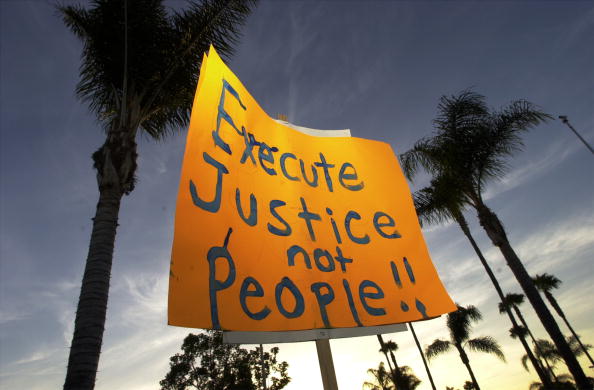 Bucking the opinion of his parole board and conventional political wisdom, Ohio’s governor did something very amazing on Thursday, September 2.
Bucking the opinion of his parole board and conventional political wisdom, Ohio’s governor did something very amazing on Thursday, September 2.
Gov. Ted Strickland intervened to prevent the execution of a man convicted of murdering three people, including a child. This was no small act in a very political season. But Strickland did his job. He carefully reviewed the evidence in a terrible murder case. He recognized that the case is plagued by very serious errors in its investigation and that doubts persist about whether Keith even committed the crime at hand.
Join us in thanking Ohio’s governor for commuting Kevin Keith’s death sentence.
It is the function of executive clemency power to be a check on the judicial process because cases can slip through the cracks. And Kevin Keith’s case, not to mention his life, almost slipped right through the cracks of human error and injustice. Case after case, we see that the U.S. justice system is far too comfortable with doubt, bias and error. How could 138 people wait on death row to be executed only for it to be discovered in time that they were wrongfully convicted? What kind of system allows for such a high error rate when human life is on the line?
Gov. Strickland’s act is a bright spot amidst a continuous and macabre calendar of scheduled state killings. Perhaps authorities in all U.S. states will take notice that our death penalty system is so riddled with problems that abolition is the only true failsafe against wrongful executions.
In the meantime, we urge authorities examining cases where doubts persist and have not been fully resolved to halt executions lest they be complicit in a grave and irreversible tragedy. Certainly the leadership of Gov. Strickland could be very instructional for Georgia authorities in looking at the Troy Davis case, where courts have reviewed his case, yet serious doubts about guilt still persist.

 Bucking the opinion of his parole board and conventional political wisdom, Ohio’s governor did something very amazing on Thursday, September 2.
Bucking the opinion of his parole board and conventional political wisdom, Ohio’s governor did something very amazing on Thursday, September 2.